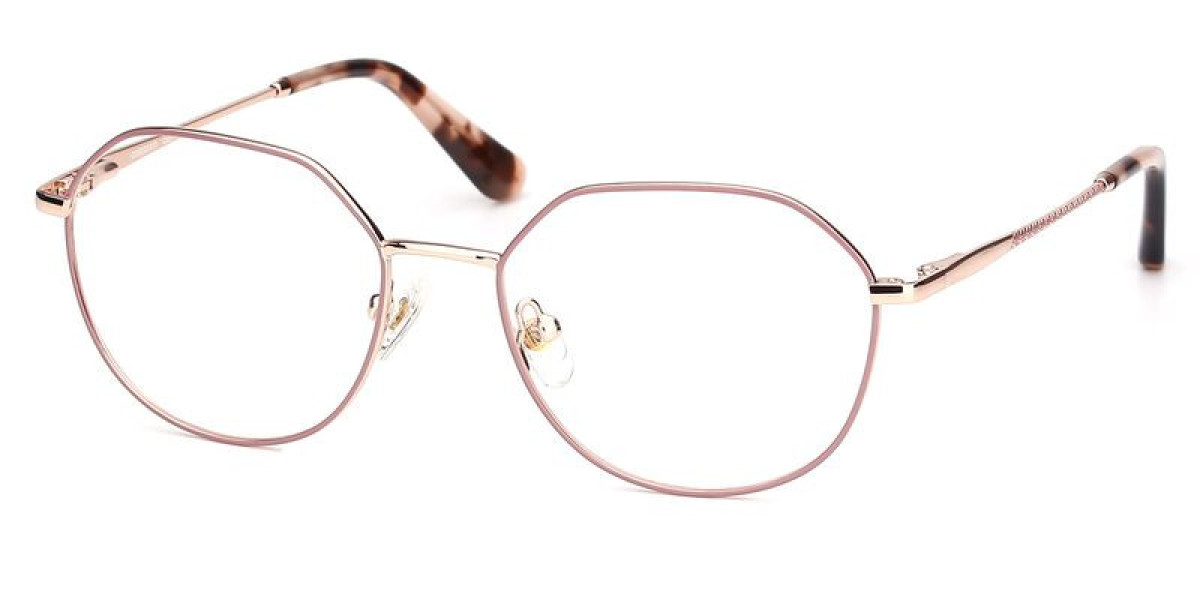Resin comes from the hydrocarbon secretions of plants, especially coniferous plants. Resin glasses lenses are lenses formed by chemical synthesis of this raw material and processing and polishing. It is a type of lens that is currently favored by nearsighted individuals.
Advantages and disadvantages: It is lightweight, more comfortable to wear, has strong impact resistance, is not fragile and safer, and has good light transmittance; But it is not resistant to wear, has poor thermal conductivity, and is prone to deformation.
- When wearing glasses, do not contact the convex surface of the lenses with hard objects, and it is best to store them in a box.
- Resin lenses should be rinsed with clean water first, then cleaned with a special cleaning agent or a small amount of detergent for resin lenses, and finally wiped dry with a special lens cloth for resin lenses.
- Use a specialized resin lens cloth to wipe. Due to the loose fibers of ordinary lens cloth, it is easy to mix sand particles, which can cause lens wear. Therefore, it is best to first rinse the lens with water, and then use a proprietary lens cloth to wipe it dry.
Remember to never dry wipe the lens. Be sure to rinse both sides of the lens with water first and then use a special mirror cloth to wipe it. If you have free time, you can also use an ultrasonic cleaning machine to clean the lenses at the eyewear store. Generally, it is free, and whether you have matched glasses at that store or not, you can clean them for free.



